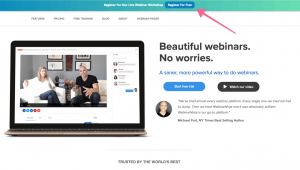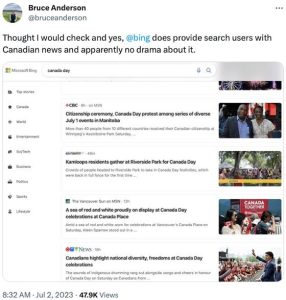Many business owners haven’t had the opportunity to attend fancy college programs in business and finance. Nonetheless, there are many terms related to loans and credit that you need to understand, especially if you are about to apply for your first business loan. Here is IOU Financial’s rundown of important lending terms.
ACH Transfer:
An electronic, bank-to-bank transfer from one account to another, processed by the Automated Clearing House network. Lenders typically deposit loan proceeds and collect payments via an ACH transfer.
Annual Percentage Rate (APR):
An annual interest rate that reflects the cost of a loan, including fees. Because APRs are standardized, they allow you directly compare loans from different sources.
Application Pre-approval Rate:
The percentage of loan applications that a lender pre-approves. A good lender should have an application pre-approval rate of at least 85 percent and should provide the pre-approval within minutes.
Better Business Bureau Rating:
A rating from the BBB that assesses your business’ overall practices. The top rating is A+ .
Business Credit Report:
If you run a corporation, limited partnership or limited liability company, a business credit report functions for your business the same way as consumer credit report does for individuals. Providers include Dun & Bradstreet and FICO.
Fixed Loan Payments:
A fixed amount, paid daily, weekly, or monthly, to cover the interest charges and principle repayment of a loan. IOU Financial offers automated daily or weekly loan payments to avoid large monthly payments.
Funding Time:
The time it takes receive your loan proceeds after you submit your loan application. The funding time can vary from 24 hours (for online lenders) to weeks or months (for banks).
Interest Type:
Interest types are fixed and variable. A fixed interest loan maintains the same payments throughout the loan term. A variable interest loan uses an interest rate that can change over time, thereby changing how much you repay each month.
Loan Application:
A questionnaire you fill out to apply for a loan. Some lenders, such as banks, use very detailed and complicated applications that require large amounts of financial data. On the other hand, online commercial lenders often have short applications that you complete online.
Loan Renewal:
An optional feature offered by some lenders like IOU Financial that allows you to apply for a replacement loan when you repay a set percentage (e.g., 40 percent) of the original loan.
Loan Term:
The amount of time you have to fully repay your loan. If the loan term is for less that one year, it is a short-term loan. Loans with terms of one year or longer are long-term loans.
Maximum Loan Amount:
The maximum amount a lender will lend to you.
Prepayment Penalty:
This is a fee some lenders charge when you pay off your loan ahead of time. Always use a lender that does not charge a prepayment penalty.
Pre-qualification Requirements:
A set of standards that allow you to immediately prequalify for a loan from some lenders. The standards might include business ownership, frequency of daily deposits, time in business, average daily ending balance in your business bank account, and annual revenue.
Simple Interest Loan:
A loan that charges interest on a daily basis, meaning you only pay interest on the unpaid principle amount. Contrast this to a compound interest loan, in which you pay interest on your interest. IOU Financial is a simple interest lender.
Small Business:
Typically, a business with fewer than 250 employees. Many of the best lenders specialize in loans to small businesses.
Upfront Costs:
These are fees, such as origination and processing fees, that some lenders charge. Always choose a lender who charges no upfront costs.
Business & Finance Articles on Business 2 Community(66)
Report Post



